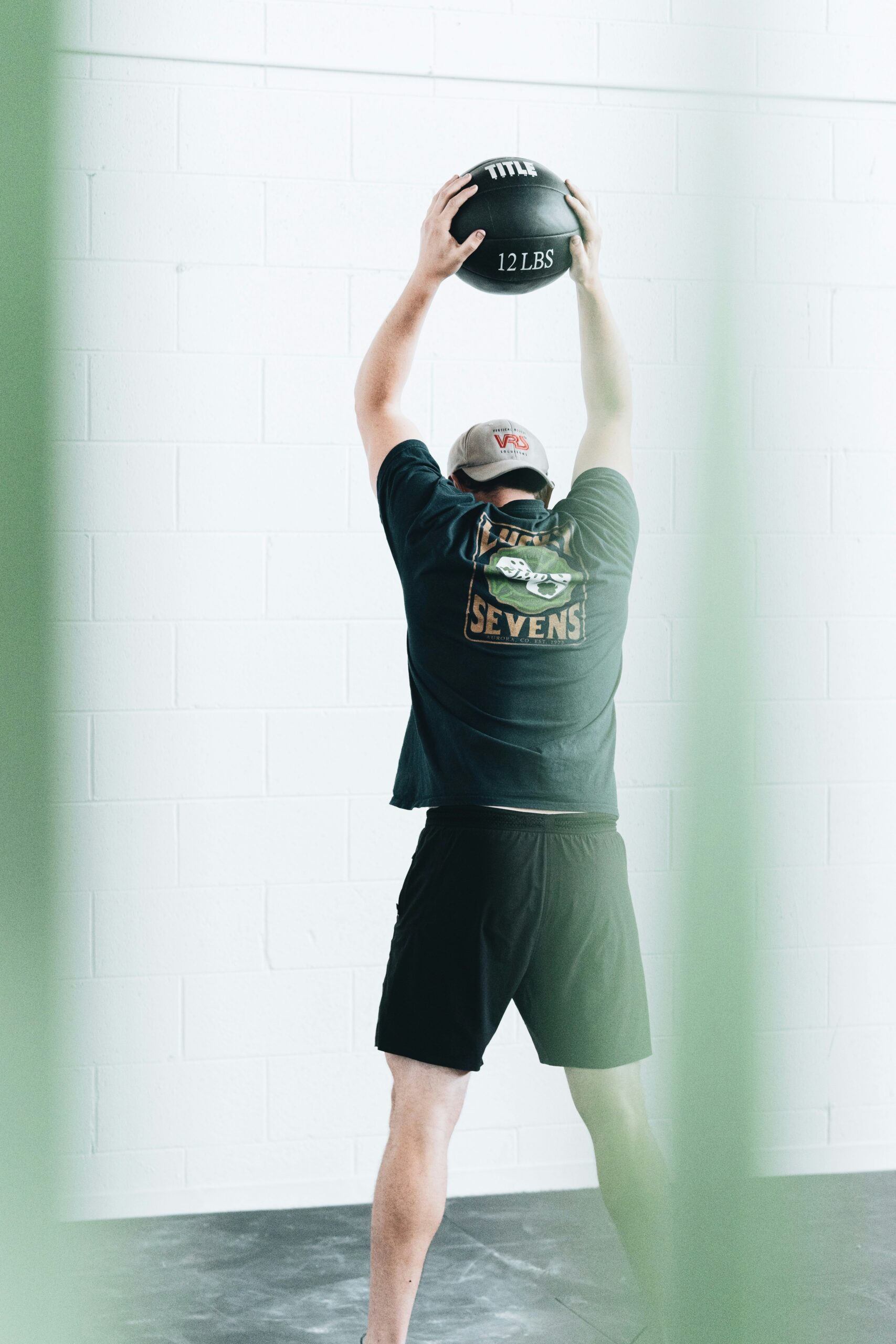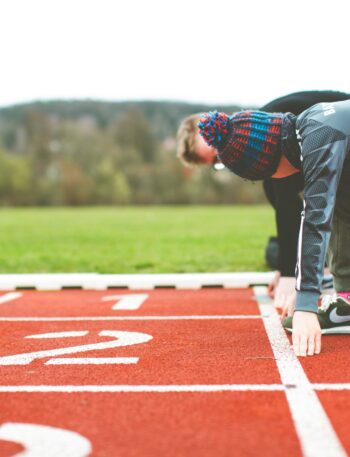Mental Resilience Training for High-Pressure Competitions
Introduction
Competing at a high level in sports or other performance-based activities often demands more than just physical prowess; it requires mental resilience. Athletes and performers face intense pressure to perform under scrutiny, and their ability to handle stress and setbacks can significantly impact their success. Mental resilience training equips individuals with the psychological tools needed to thrive in such high-pressure environments.
Understanding Mental Resilience
Mental resilience is the capacity to adapt and bounce back from adversity, trauma, or stress. It involves cognitive, emotional, and behavioral components that contribute to an individual’s ability to cope with challenges and perform effectively under pressure.
Key aspects of mental resilience include:
- Emotional Regulation: Managing emotions such as anxiety, frustration, and disappointment.
- Adaptability: Being flexible and adjusting to changing circumstances.
- Optimism: Maintaining a positive outlook and belief in one’s abilities.
- Focus and Concentration: Staying attentive and minimizing distractions.
Components of Mental Resilience Training
Effective mental resilience training programs incorporate various strategies to develop these crucial skills. These may include:
- Cognitive Behavioral Techniques: Teaching athletes to identify and challenge negative thoughts and replace them with positive, productive ones.
- Mindfulness and Relaxation Techniques: Practices such as meditation and deep breathing help athletes manage stress and maintain focus.
- Visualization: Imagining successful performances to build confidence and mental rehearsal.
- Goal Setting: Establishing clear, achievable goals helps maintain motivation and direction.
- Resilience Building Exercises: Simulating high-pressure situations in training to desensitize athletes and enhance their ability to perform under stress.
Case Studies and Examples
Numerous athletes and teams have integrated mental resilience training into their preparation with significant results. For instance, Michael Phelps, the Olympic swimmer, used visualization techniques extensively to mentally rehearse races before competing. This preparation not only enhanced his focus but also contributed to his record-breaking performances.
In team sports, the Seattle Seahawks, known for their resilience in high-pressure situations, incorporated mindfulness training and cognitive behavioral techniques into their routine. This approach helped them stay composed during critical moments, leading to several successful seasons.
Conclusion
Mental resilience training is not just beneficial but often essential for athletes and performers aiming to excel in high-pressure competitions. By equipping individuals with the psychological tools to manage stress, stay focused, and bounce back from setbacks, these training programs can make a decisive difference in performance outcomes.
As the competitive landscape continues to intensify, investing in mental resilience becomes increasingly valuable, offering a competitive edge that complements physical skills. Whether in individual sports or team environments, fostering mental toughness through structured training can lead to sustained success and personal growth.




